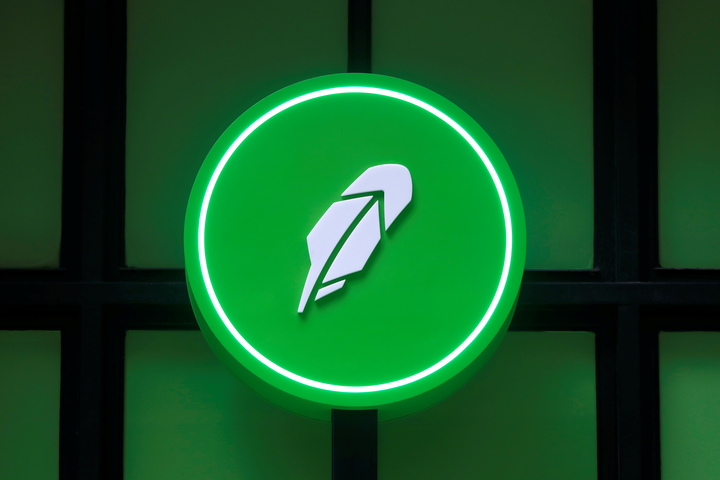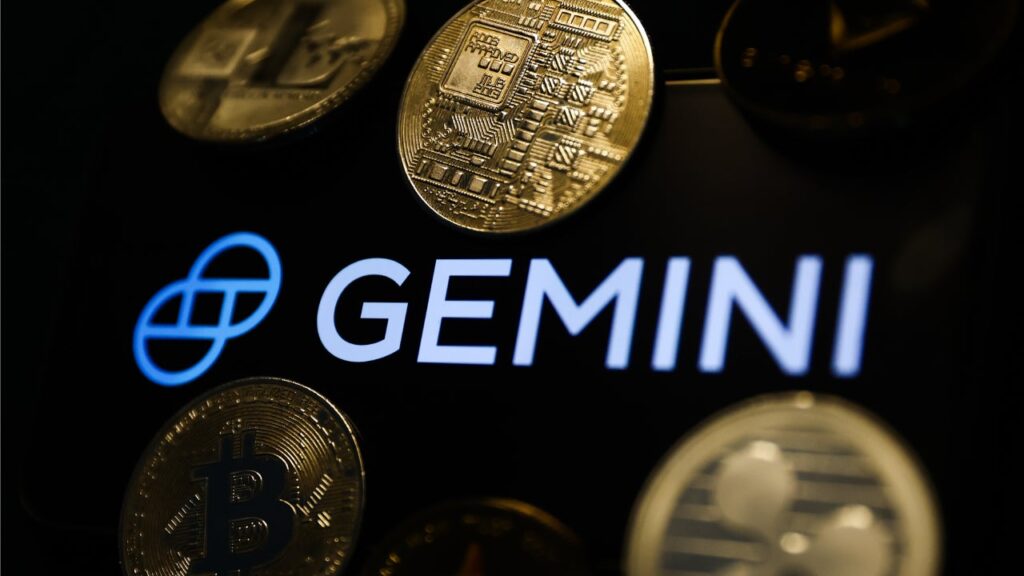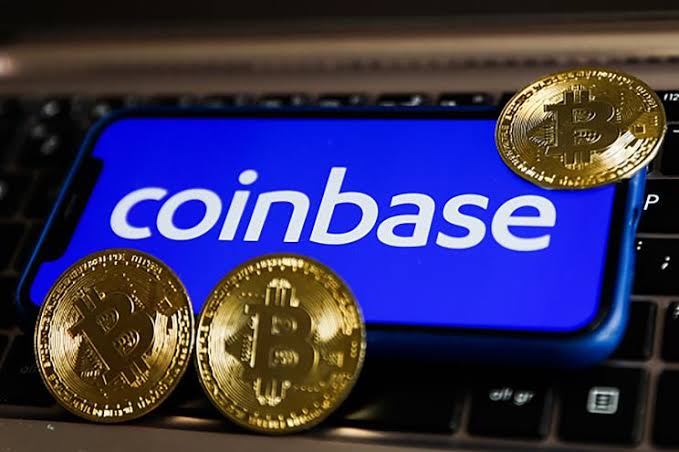Coinbase CEO Brian Armstrong Set to Meet With House Democrats
Coinbase CEO Brian Armstrong is scheduled to have a private meeting with a group of U.S. House of Representatives Democrats on Wednesday morning to discuss the future of digital asset legislation.
The meeting holds significance as it takes place amidst ongoing legal battles faced by Coinbase and Binance, two of the world’s largest cryptocurrency exchanges, with the U.S. Securities and Exchange Commission (SEC).

The lawsuits filed by the SEC allege that both Coinbase and Binance failed to register their operations with the agency. If successful, these legal actions could have far-reaching implications for the entire crypto market, as they would establish the SEC’s jurisdiction over the industry.
This would contradict the industry’s long-standing argument that tokens should not be classified as securities and therefore should not be subject to regulation by the commission.
In addition to discussing the future of digital asset legislation, Armstrong is expected to address other pertinent issues during the meeting, including tax regulations, national security concerns, privacy considerations, and the climate impact of cryptocurrency operations. A spokesperson for the New Democrat Coalition confirmed these topics in an emailed statement.
Also Read: Elon Musk launches AI firm xAI as he looks to take on OpenAI
Coinbase has yet to comment on the meeting, as the request for comment was made outside of their business hours. However, the exchange has previously stated that it vehemently denies the SEC’s allegations and is fully prepared to vigorously defend itself in court. Binance has taken a similar stance, rejecting the SEC’s claims and affirming its commitment to fighting the lawsuit.
Brian Armstrong, known for his outspoken criticism of the SEC, has been particularly vocal about his disagreement with SEC Chair Gary Gensler. He has referred to Gensler as an “outlier” among Washington policymakers, expressing his differing views on cryptocurrency regulation.
The upcoming meeting with House Democrats provides Armstrong with an opportunity to present his perspectives and engage in a dialogue on the future of digital asset legislation.
The outcome of this meeting could have significant implications for the regulatory landscape surrounding cryptocurrencies in the United States. As the crypto industry continues to grow and evolve, discussions between industry leaders and lawmakers will play a crucial role in shaping the future of digital asset regulation, with potential ramifications for investors, businesses, and the broader financial system.
The meeting between Coinbase CEO Brian Armstrong and House Democrats holds promise for constructive discussions on digital asset legislation and regulatory concerns in the cryptocurrency industry.

I am a law graduate from NLU Lucknow. I have a flair for creative writing and hence in my free time work as a freelance content writer.





